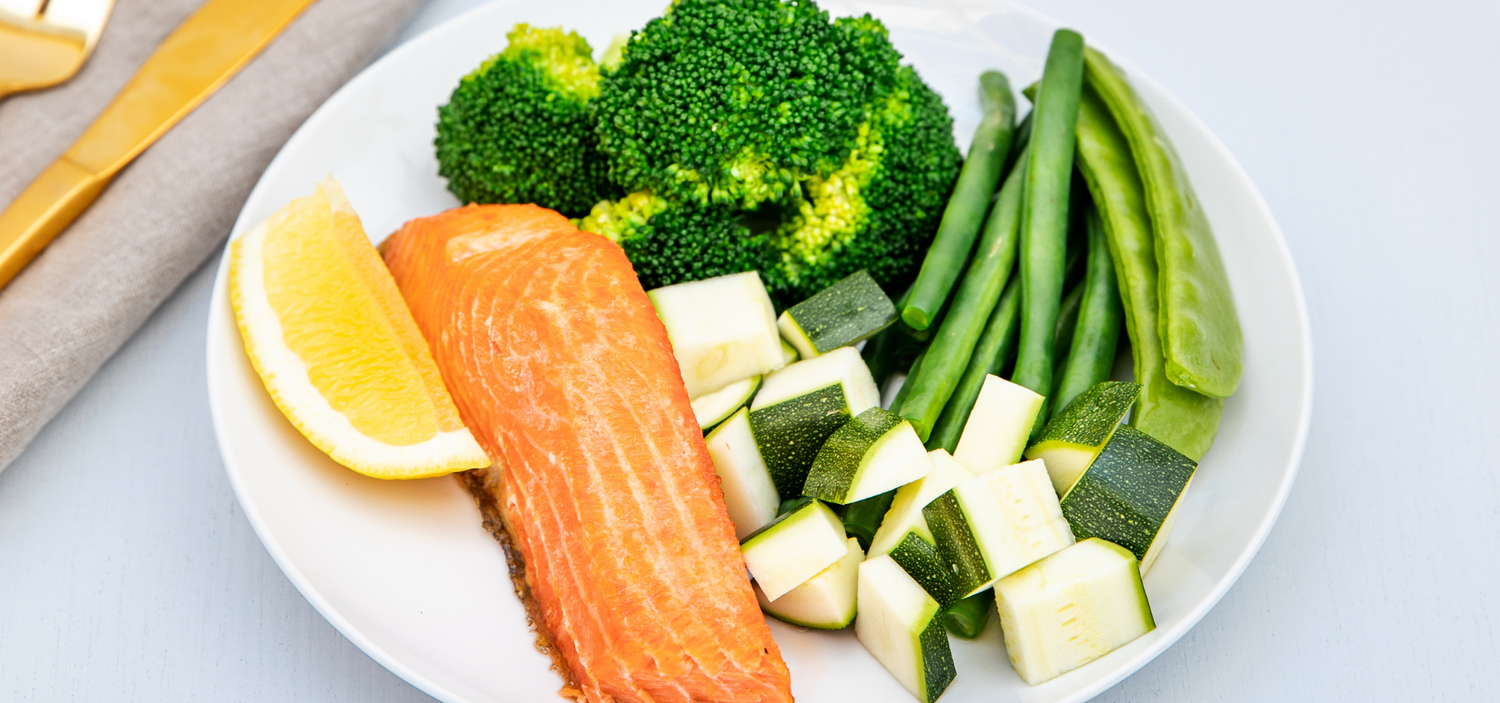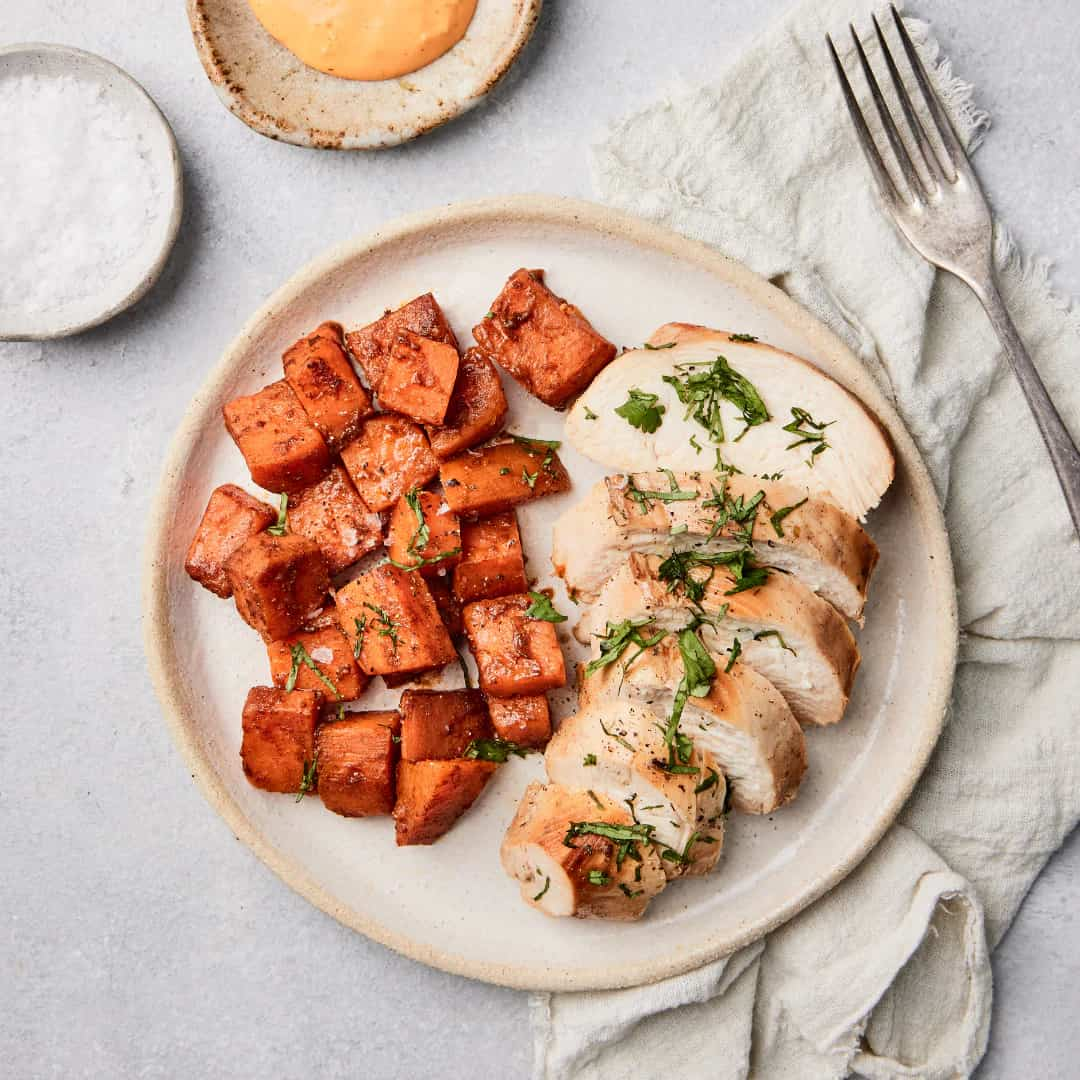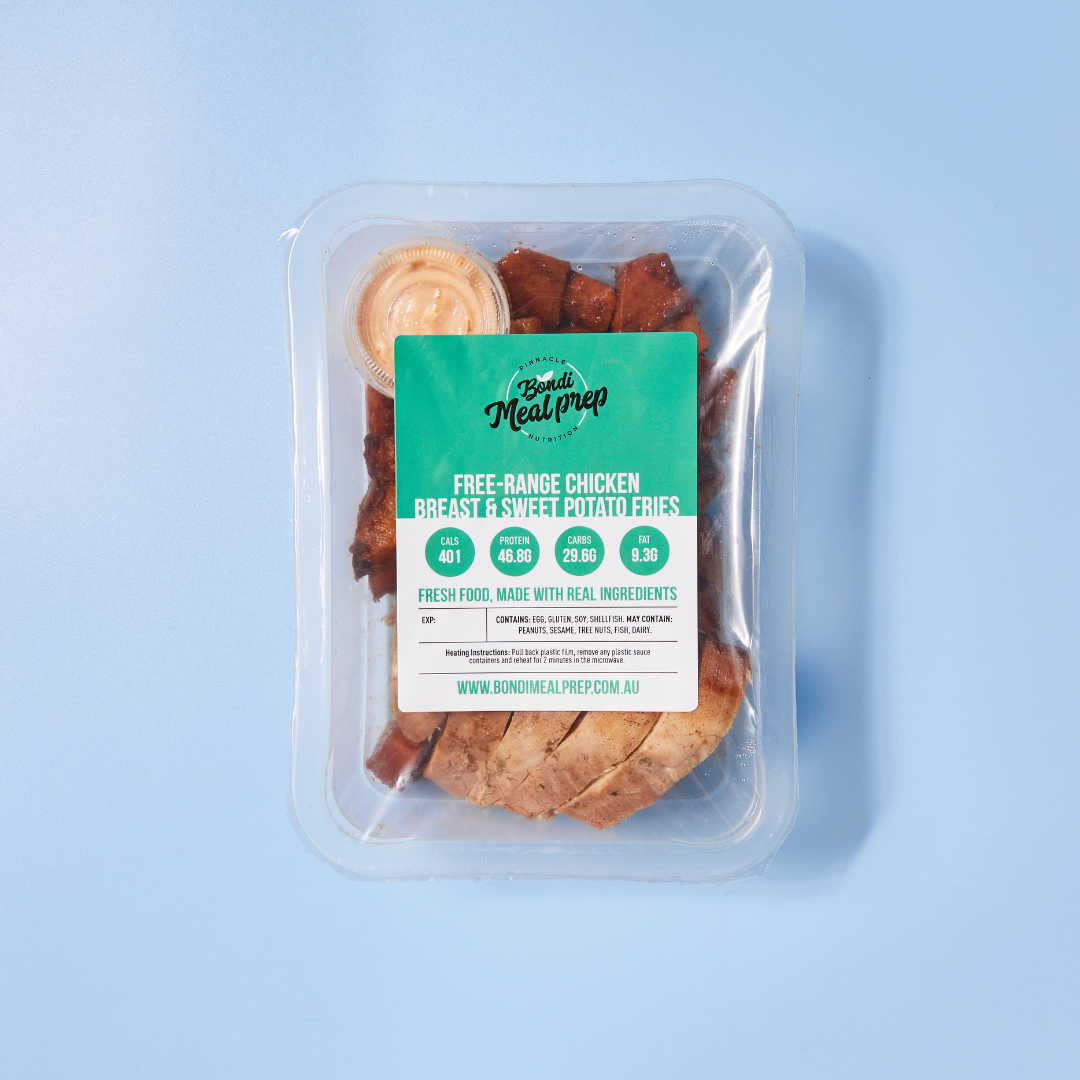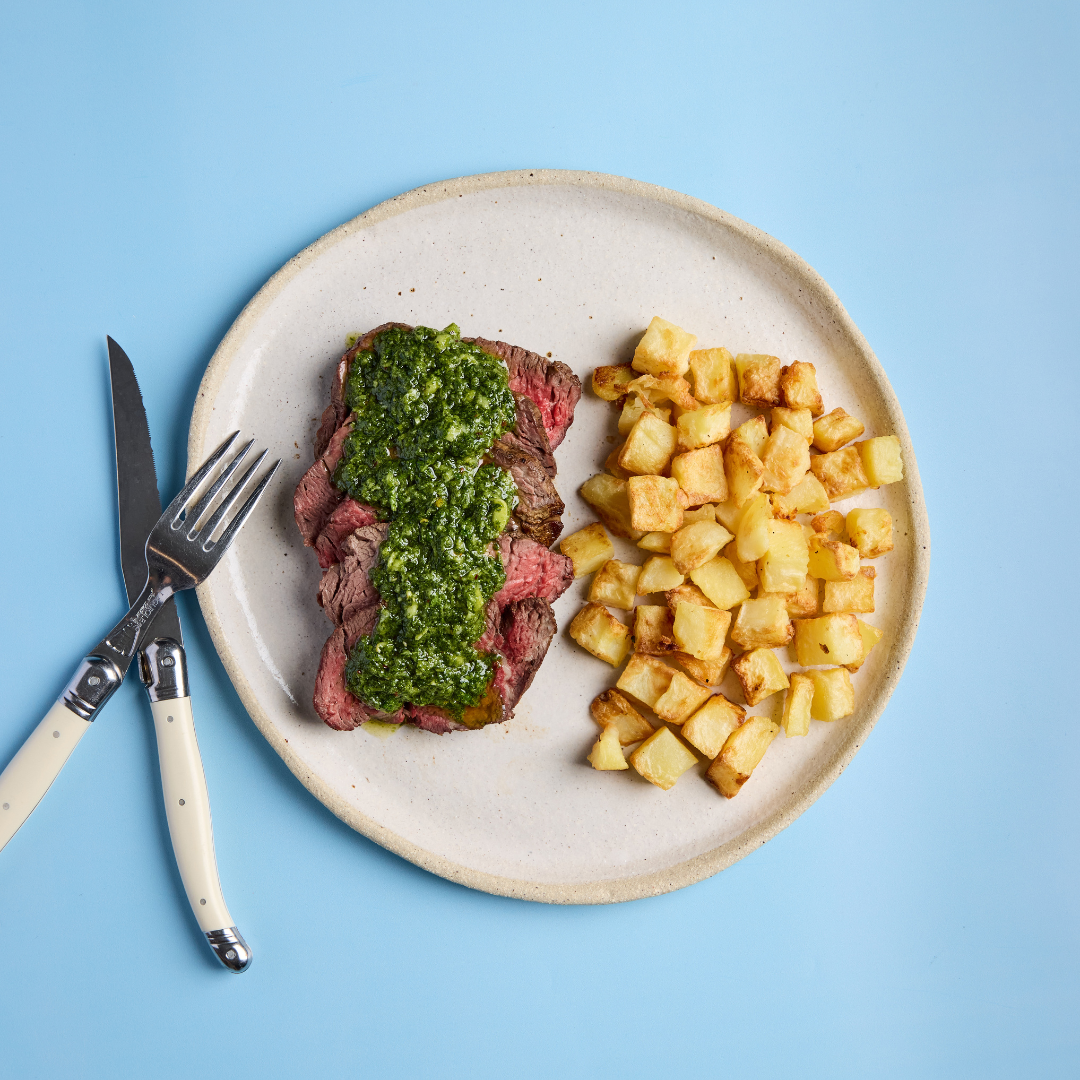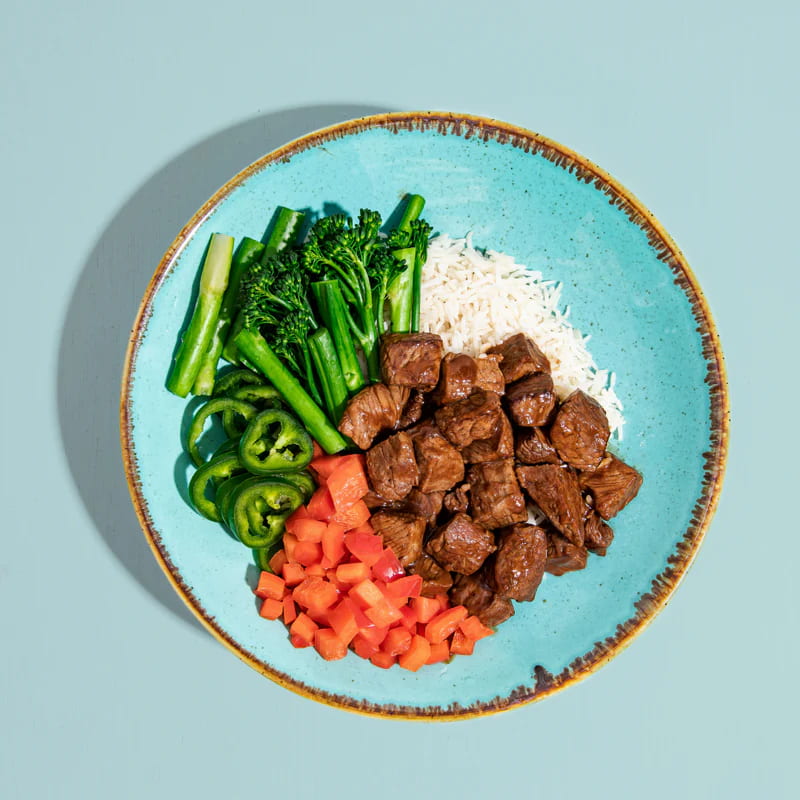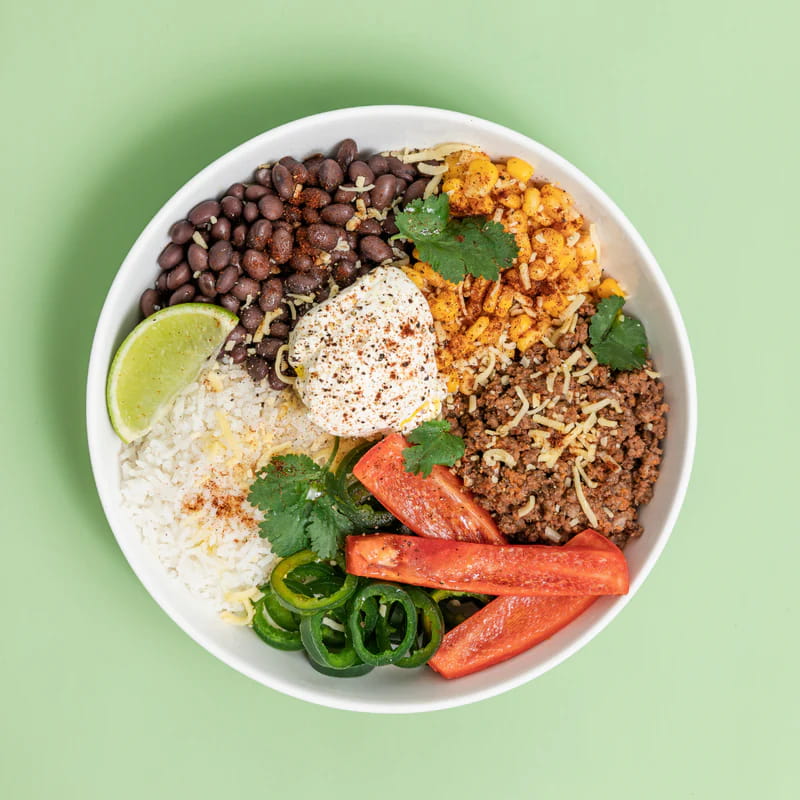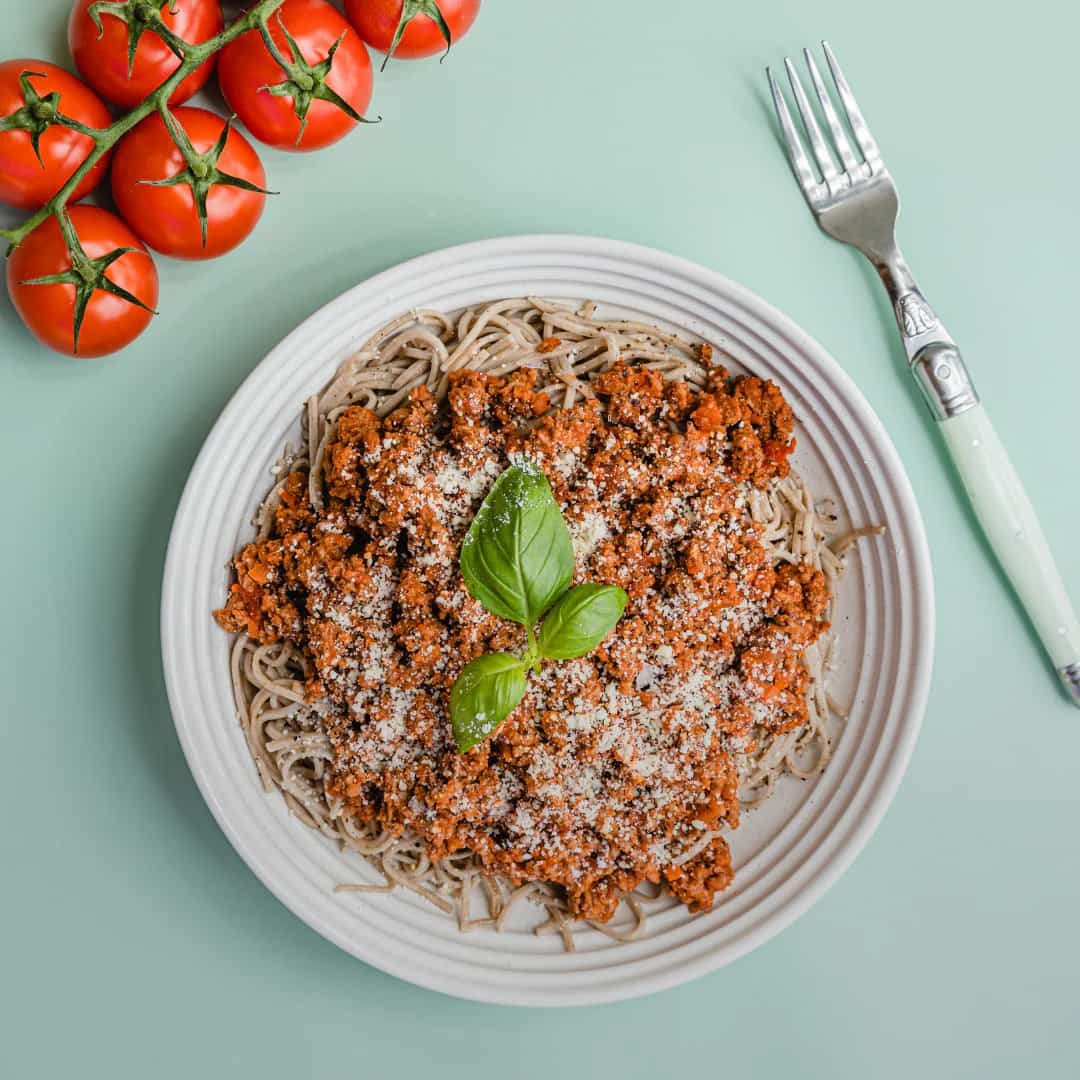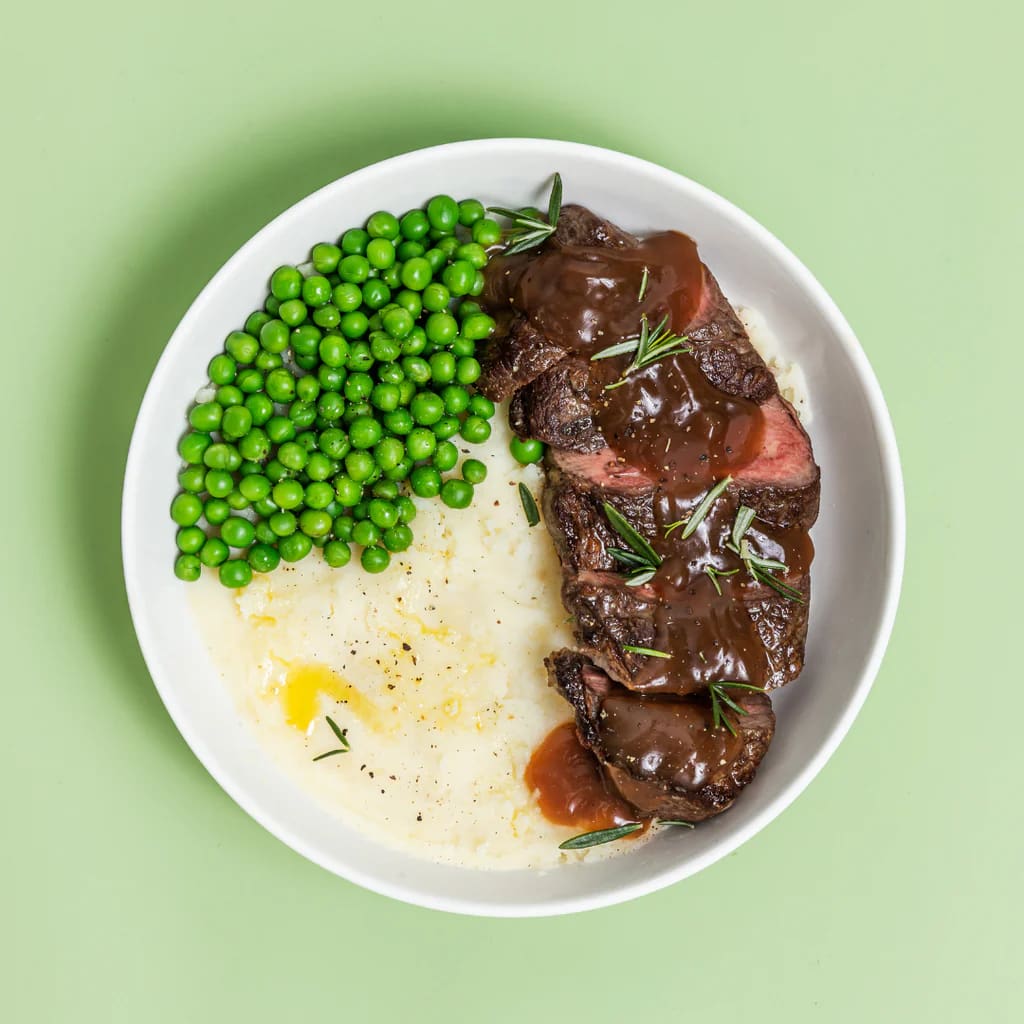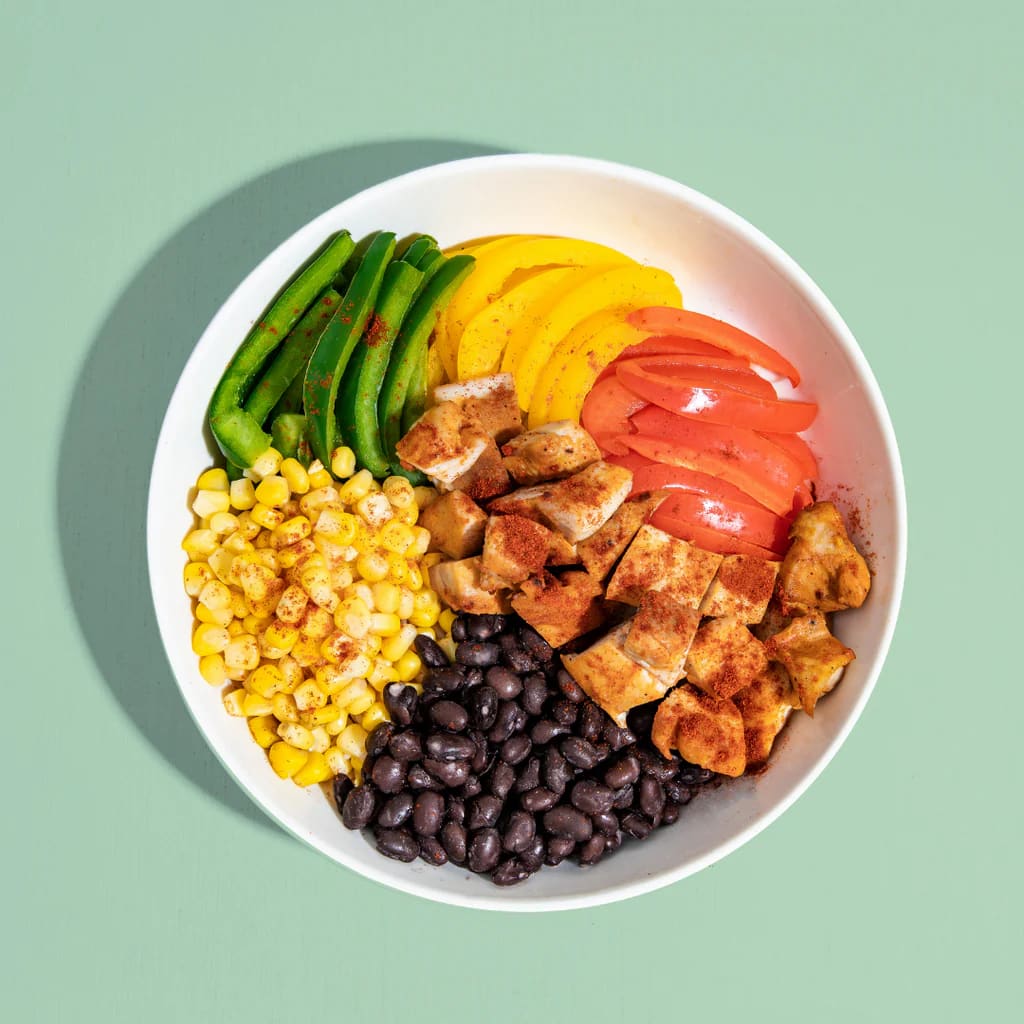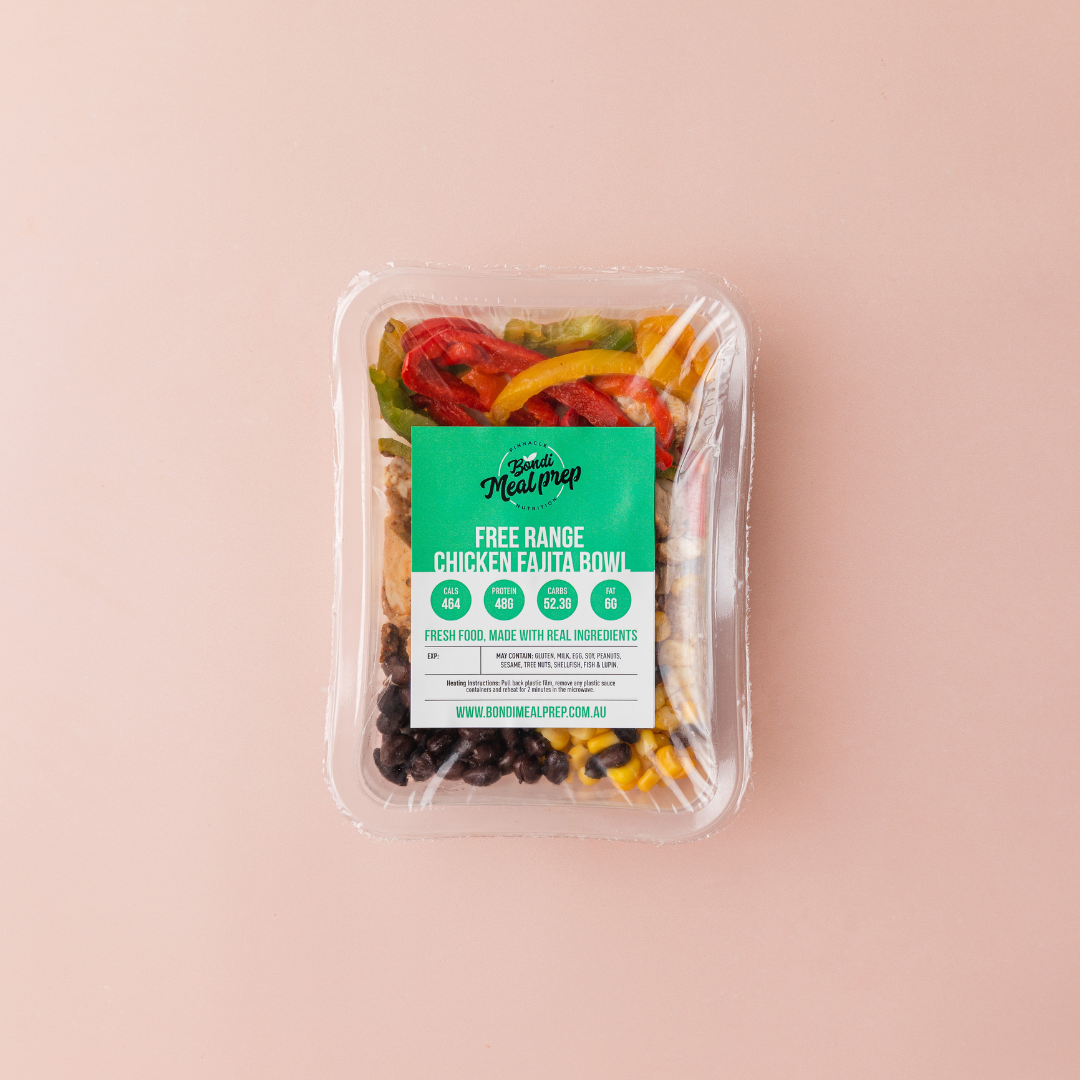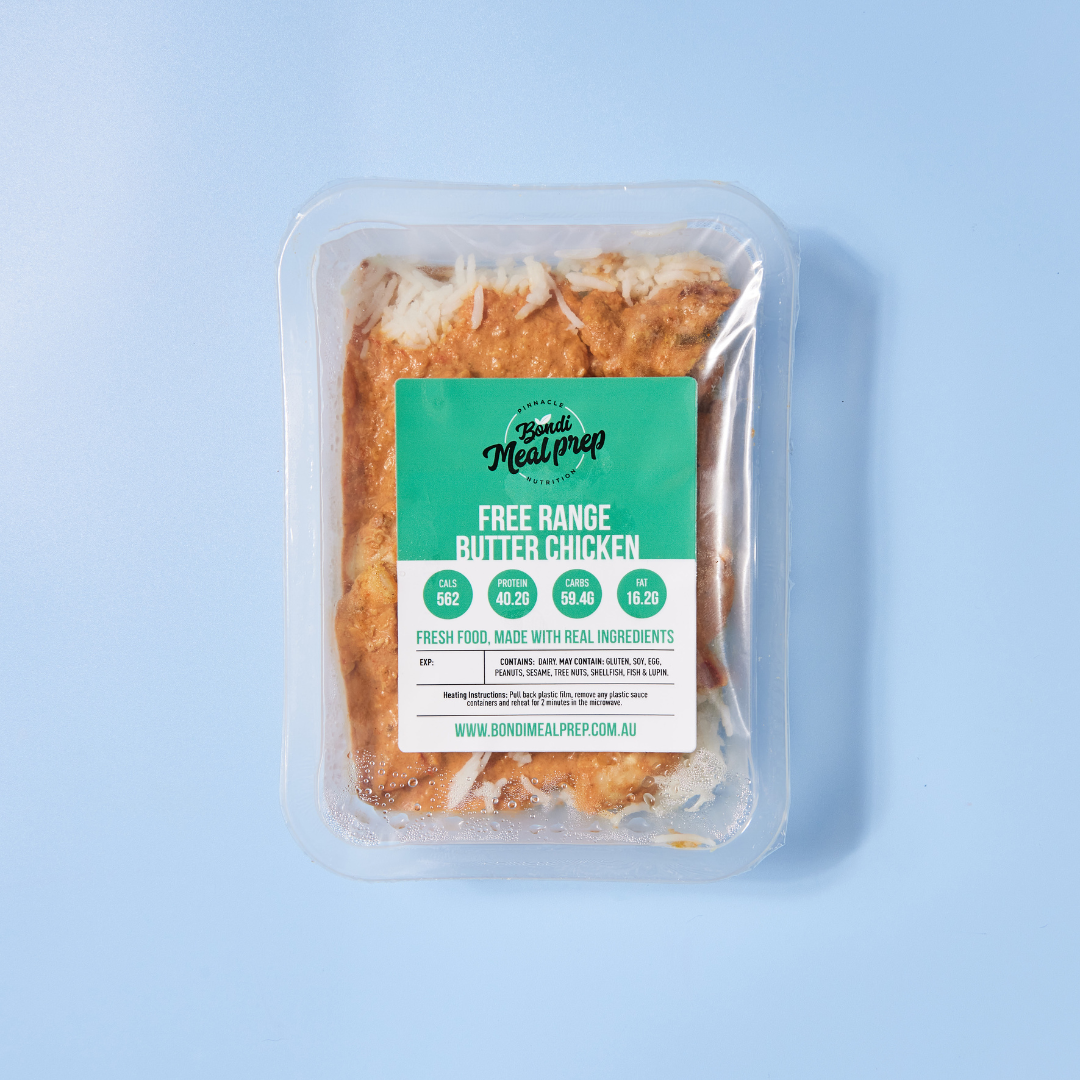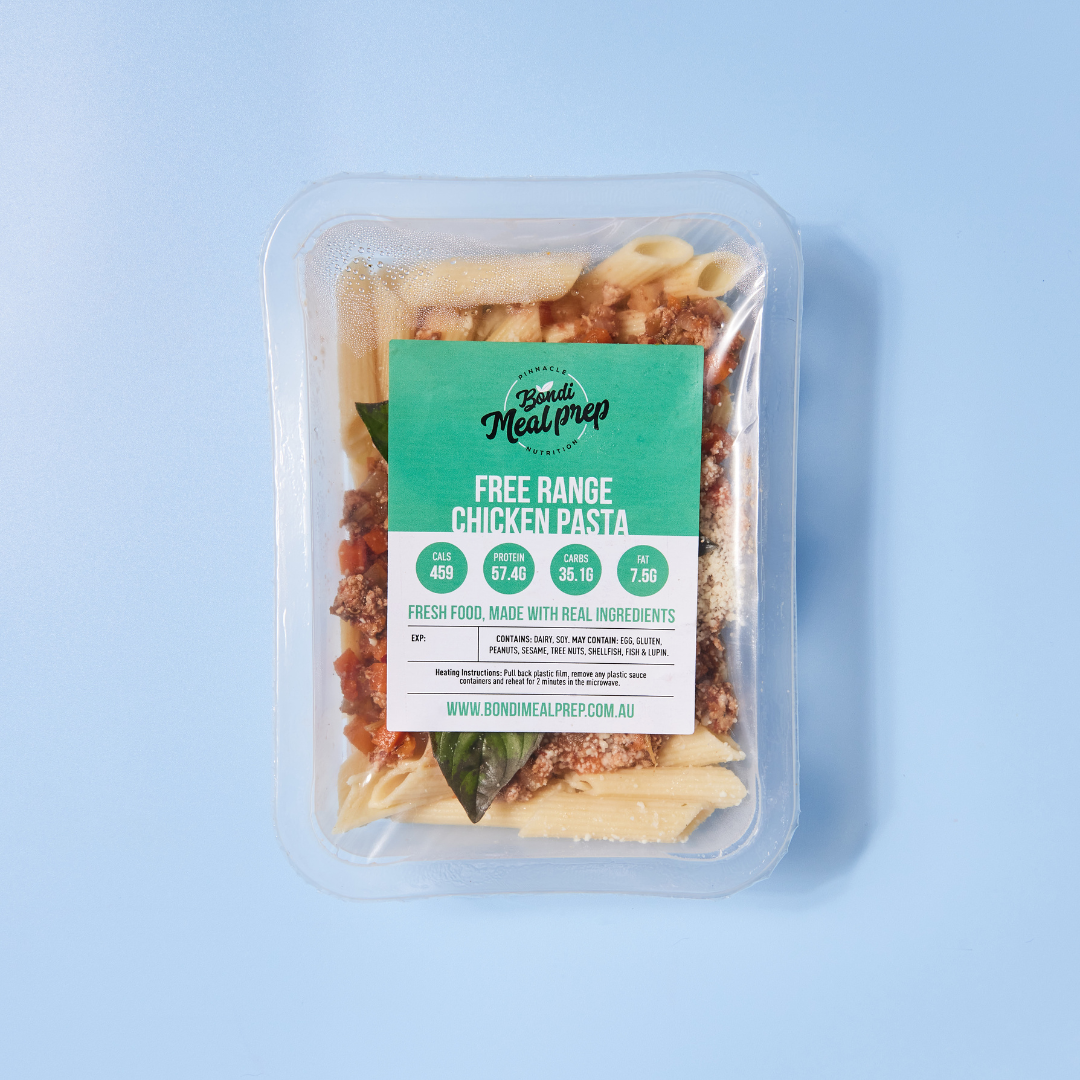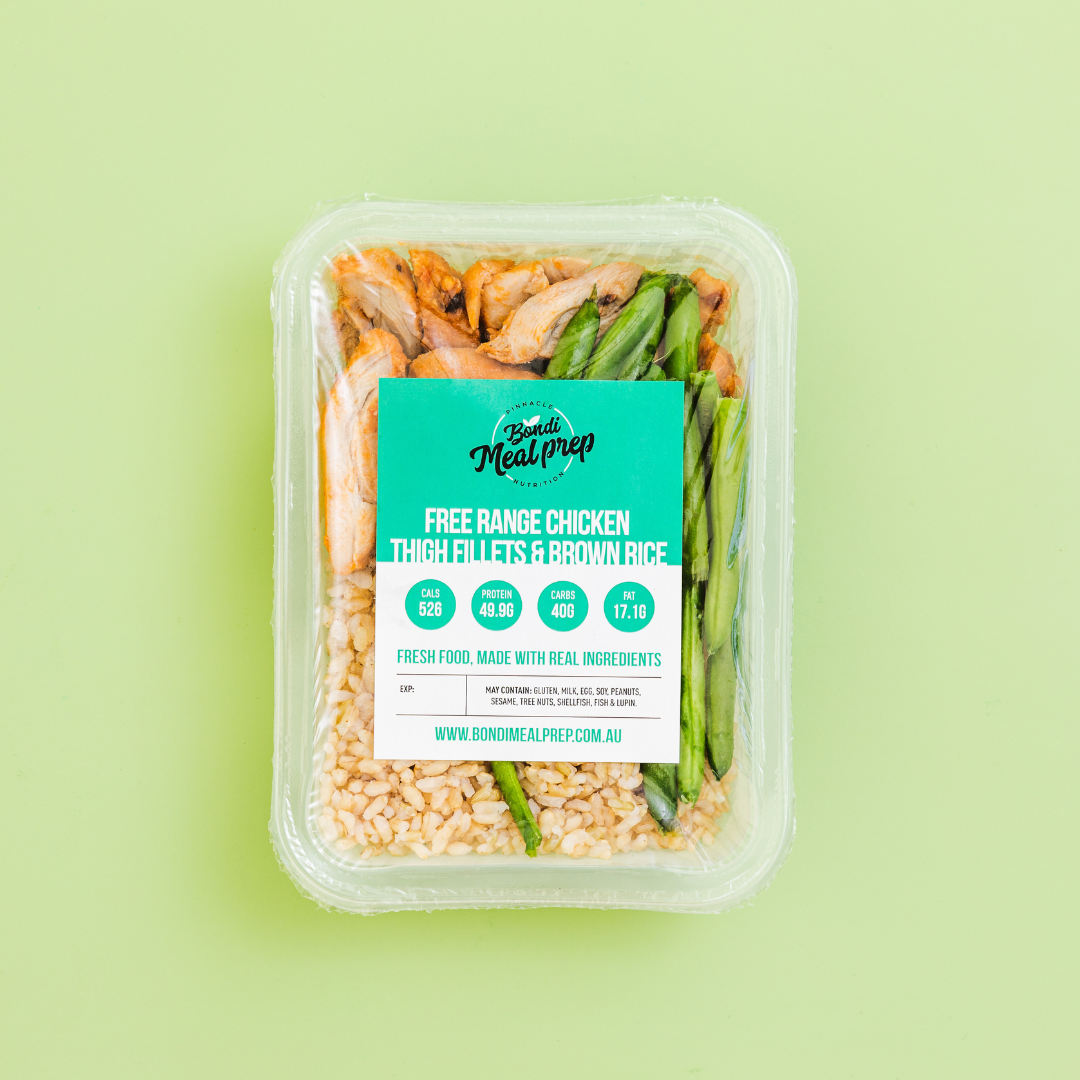When it comes to losing weight, the internet is overflowing with advice. But two strategies consistently rise to the top: the keto diet and the calorie deficit diet. Both promise results, but they take very different paths to get there.
If you’re stuck in the "keto vs. calorie deficit" debate, Bondi Meal Prep's experts have put together this handy comparison guide to break down all the vital information. We'll help you decide which diet suits your weight loss goals, eating habits, and lifestyle.
Best of all, a range of tasty and perfectly balanced Bondi Meal Prep meals can be delivered fresh to your door, giving you the best possible chance of success with your new diet.
Let's take a closer look so you can start weighing up your options for weight loss!
What Is a Calorie Deficit Diet (And Why It Works)?
A calorie deficit diet is all about numbers. The basic rule is that you consume fewer calories than your body needs to maintain its current weight. This forces your body to start burning stored fat for energy, which leads to gradual weight reduction.
You can create a deficit by cutting calories, increasing energy expenditure through exercise, or combining both. It sounds simple, and in theory, it is. But sticking to a low-calorie diet long-term can lead to hunger, fatigue, and even nutrient deficiencies, especially if you cut too aggressively.
Example: If your body needs 2,200 calories a day and you eat 1,800, you’re in a 400-calorie deficit.
This method relies heavily on calorie counting and food tracking. While it can help you lose weight, it often overlooks food quality and the importance of feeling full. It also tends to ignore metabolic effects, such as how different foods impact your hormones, energy levels, and how efficiently your body burns fat.
What Is the Keto Diet (And How Does It Work)?
The keto diet (short for ketogenic diet) flips traditional food rules upside down. Instead of focusing on fewer calories, keto focuses on fewer carbohydrates. The goal is to induce ketosis, which is a metabolic state where your body burns fat for fuel instead of glucose.
When carbs are low, your liver starts producing molecules called ketones from stored fat, which your body then uses as energy. This can lead to enhanced fat burning, reduced hunger, and more stable blood sugar levels. All this often results in rapid initial weight loss.
Keto isn’t just a low-carbohydrate plan: it’s a high-fat, low-carbohydrate, moderate-protein diet. Think avocados, olive oil, eggs, nuts, healthy fats, and lean proteins, while steering clear of starchy vegetables, grains, sugar, and most fruits.
If you want to delve deeper into the details, read our full beginner’s guide to the keto diet.
Keto vs. Calorie Deficit: Which One Promotes Fat Loss Better?
Let’s get to the burning question: keto vs. calorie deficit for fat loss, which works best?
Both approaches can help you lose weight, but they work differently. Calorie deficit diets lead to fat loss if you maintain the deficit consistently. Keto, on the other hand, often leads to quicker results by lowering insulin levels, boosting energy expenditure, and encouraging your body to burn stored fat for fuel.
Plus, keto may help preserve muscle due to its focus on adequate protein and lower insulin levels, which support muscle retention during weight loss.
And there’s also a psychological edge for the keto diet, with many people finding keto easier to stick to because high-fat meals and protein help them feel satisfied for longer.
Quick comparison:
-
Calorie deficit: Fat loss depends on consistent tracking and calorie control.
-
Keto: Promotes faster fat burning and better muscle retention.
-
Keto edge: Keeps you fuller for longer, helping with long-term adherence.
The Hunger Factor: How Full Will You Feel?
This is where keto often wins. One of the biggest pitfalls of the calorie deficit diet is the dreaded hunger pangs. Consuming fewer calories, especially from carb-heavy foods, can leave you feeling deprived and constantly fighting cravings.
But on keto, eating fewer carbohydrates and more high-fat foods helps regulate appetite hormones. You may naturally eat fewer calories without even trying, which means no more counting every crumb.
The bottom line is that hunger is the biggest blocker to sustainable weight loss, and keto gives you a better chance of feeling satiated and satisfied.
Quick comparison:
-
Calorie deficit diet: Hunger is common, especially with low-protein or low-fat meals.
-
Keto: Fat and protein help suppress hunger and reduce cravings.
-
Keto edge: Less hunger means less temptation to overeat.
Nutrient Density and Long-Term Health
A healthy diet should be balanced and nourishing, whichever approach you choose. Both keto and calorie deficit diets can deliver great nutrition, but each has its limitations.
Keto can lack whole grains and some fruits, so you'll need to make an effort to ensure your fibre and micronutrient intake is high enough. Meanwhile, overly restrictive low-calorie diets may result in nutrient deficiencies, especially if you rely on processed foods or meal skipping.
Whichever diet you follow, aim for food variety, adequate protein, and minimally processed ingredients to support overall well-being and metabolic health.
Quick comparison:
-
Calorie deficit: Risk of nutrient deficiencies if calories are cut too aggressively or food quality is poor.
-
Keto: May lack fibre and certain vitamins if you're not including enough non-starchy veggies or variety.
-
Best practice for both: Focus on whole foods, lean proteins, healthy fats, and plenty of colour on your plate.
Keto vs. Calorie Deficit: Which One Is Easier to Stick To?
It may sound simple, but the best diet is the one you're most likely to follow.
If you love pasta, bread, or fruit, keto might feel too restrictive. But if you’re tired of calorie counting and daily hunger pangs, keto could be a refreshing change.
Keto encourages intuitive eating and meal satisfaction. Calorie deficit diets require more planning, tracking, and vigilance. If you prefer a structured, results-focused plan that keeps you full, keto may offer a better fit for your weight loss goals.
Intermittent Fasting: A Boost for Both Approaches
Intermittent fasting can be a powerful complement to both keto and calorie deficit diets. By cycling between periods of eating and fasting, it naturally limits your eating window. This makes it easier to consume fewer calories without feeling deprived or constantly thinking about food.
When paired with the keto diet, intermittent fasting can help you reach ketosis faster and enhance fat adaptation, leading to even more efficient fat burning. On a calorie deficit diet, fasting can simplify meal planning and reduce the temptation to snack, making it easier to stick to your calorie goals.
Beyond weight loss, intermittent fasting is also linked to improved energy levels, better blood sugar control, and a leaner body composition. Whether you’re cutting carbs or simply cutting calories, it’s a flexible tool that can help you stay consistent and on track.
Pros and Cons at a Glance
Both the keto diet and calorie deficit diet have their pros and cons. Choosing the right one depends on your lifestyle, personal preferences, and long-term goals. Here's how they stack up:
|
Pros |
Cons |
|
|
|
|
|
|
Calorie Deficit Diet |
|
|
What’s the Right Diet for You?
When it comes to keto vs. calorie deficit, both diets can support weight loss and improved body composition. The right one for you depends on your personal goals and what you find easiest to maintain.
If you’re someone who struggles with constant hunger, cravings, or energy dips, the keto diet may offer a more satisfying and steady approach. Its focus on healthy fats and lean proteins can help you feel fuller for longer, making it easier to stay on track without constant calorie counting. For help planning your keto eating, check out our keto diet 7-day meal plan.
A calorie deficit diet might be ideal if you prefer more food flexibility or want to keep enjoying carbs like fruit, bread, or pasta. It allows you to include all food groups as long as you’re consuming fewer calories than your body burns.
Ultimately, the best diet is the one you can stick to, so choose the approach that supports your lifestyle, keeps you motivated, and helps you feel your best.
Keto, Made Easier & Tastier by Bondi Meal Prep
At Bondi Meal Prep, we make low-carb, high-fat living effortless. Our chef-prepared keto meals are packed with lean proteins, healthy fats, and delicious flavours, minus the sugar and stress.
If you're fully committed to keto or just reducing your calorie intake, we’ve got the meals to support your journey. Balanced, fresh, and macro-friendly, they’re the perfect fuel for your goals.
Explore our full Keto Collection today and take the guesswork out of eating well. Let’s make your weight loss journey a flavour-filled success!





